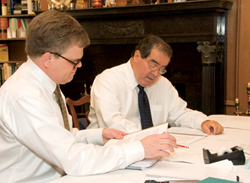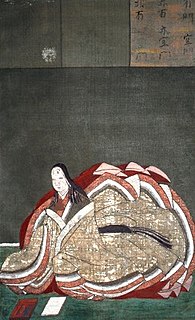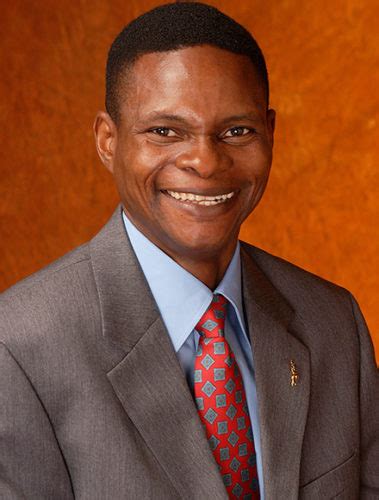A Quote by Oliver Lodge
Men of Science would do well to talk plain English. The most abstruse questions can very well be discussed in our own tongue ... I make a particular appeal to the botanists, who appear to delight in troublesome words.
Related Quotes
I appeal to the contemptible speech made lately by Sir Robert Peel to an applauding House of Commons. 'Orders of merit,' said he, 'were the proper rewards of the military' (the desolators of the world in all ages). 'Men of science are better left to the applause of their own hearts.' Most learned Legislator! Most liberal cotton-spinner! Was your title the proper reward of military prowess? Pity you hold not the dungeon-keys of an English Inquisition! Perhaps Science, like creeds, would flourish best under a little persecution.
A word about 'plain English.' The phrase certainly shouldn't connote drab and dreary language. Actually, plain English is typically quite interesting to read. It's robust and direct-the opposite of gaudy, pretentious language. You achieve plain English when you use the simplest, most straightforward way of expressing an idea. You can still choose interesting words. But you'll avoid fancy ones that have everyday replacements meaning precisely the same thing.
A writer is a person who cares what words mean, what they say, how they say it. Writers know words are their way towards truth and freedom, and so they use them with care, with thought, with fear, with delight. By using words well they strengthen their souls. Story-tellers and poets spend their lives learning that skill and art of using words well. And their words make the souls of their readers stronger, brighter, deeper.
Men are rather reasoning than reasonable animals for the most part governed by the impulse of passion. This is a truth well understood by our adversaries who have practised upon it with no small benefit to their cause. For at the very moment they are eulogizing the reason of men & professing to appeal only to that faculty, they are courting the strongest & most active passion of the human heart - VANITY!
We often say that our science is objective and accurate, but we don't often say that our science is incomplete - that although the established parts of natural science are very well tested and the evidence makes a compelling case for things being as they've been described, there nevertheless are open questions that we cannot answer.
Science fiction has its own history, its own legacy of what's been done, what's been superseded, what's so much part of the furniture it's practically part of the fabric now, what's become no more than a joke... and so on. It's just plain foolish, as well as comically arrogant, to ignore all this, to fail to do the most basic research.
But the idols of the Market Place are the most troublesome of all: idols which have crept into the understanding through their alliances with words and names. For men believe that their reason governs words. But words turn and twist the understanding. This it is that has rendered philosophy and the sciences inactive. Words are mostly cut to the common fashion and draw the distinctions which are most obvious to the common understanding. Whenever an understanding of greater acuteness or more diligent observation would alter those lines to suit the true distinctions of nature, words complain.
Congo has vast stands of biologically important forests as well as remote areas still waiting to be explored, yet we have very few botanists. I'm working to expand training for young students and inspire a new generation to make discoveries, spread the word about conservation, and increase protected areas throughout our country.




































